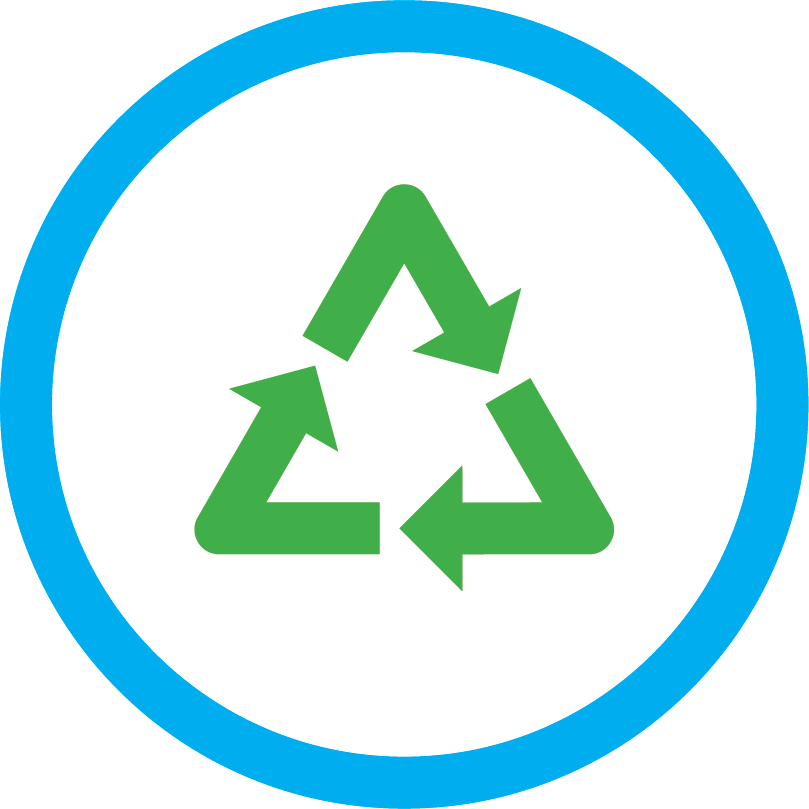Construction and demolition waste represent one third of all waste sent to landfill in NSW. JHCPB’s efforts focus on reducing the Project’s contribution to landfill by recovering and reusing waste materials (on site and off site) as much as practicable.
From the commencement of construction to March 2022, JHCPB has diverted 45,595.91m3 of construction waste from landfill (92%) and reused 8,130,777 tonnes of spoil (98%). Project spoil has been beneficially reused on site for civil works and at various approved offsite reuse sites, such as the Northern Roads Project and Western Sydney Airport. Annual waste to destination audits are also conducted for all waste streams.
JHCPB are currently exceeding both construction and spoil diversion targets but the Project’s office waste diversion is performing under the target. The spoil diversion performance graph below reflects suboptimal performance against IS V1.2 Was-2- Level 2 (40%- 60%). As outlined in the previous annual review, focus during 2021-2022 was set on improving the office waste performance against the target through implementation of a Project Wide Waste Strategy.
The below actions were completed as part of the strategy implementation:
- Onboarding new waste contractor, Grasshopper Environmental, in Q2 2021 to service project in addition to the existing contractor, Bingo. Education campaign for office waste segregation (April 2021). This included a quiz to inform and test workers’ knowledge.
- Introduced Return and Earn bins on Earth Day 2022.
JHCPB is currently investigating the use of recycled materials in concrete. These include:
- Crushed waste glass as replacement to virgin sand in concrete and flowable fill. ~136 tonnes of glass sand used PTD in concrete applications.
- Recycled polypropylene fibres (Emesh) in lieu of steel reinforcement in non-structural concrete elements (4560 kg of 100% recycled plastic fibres used in lieu of steel mesh).
 Waste
Waste Waste
Waste